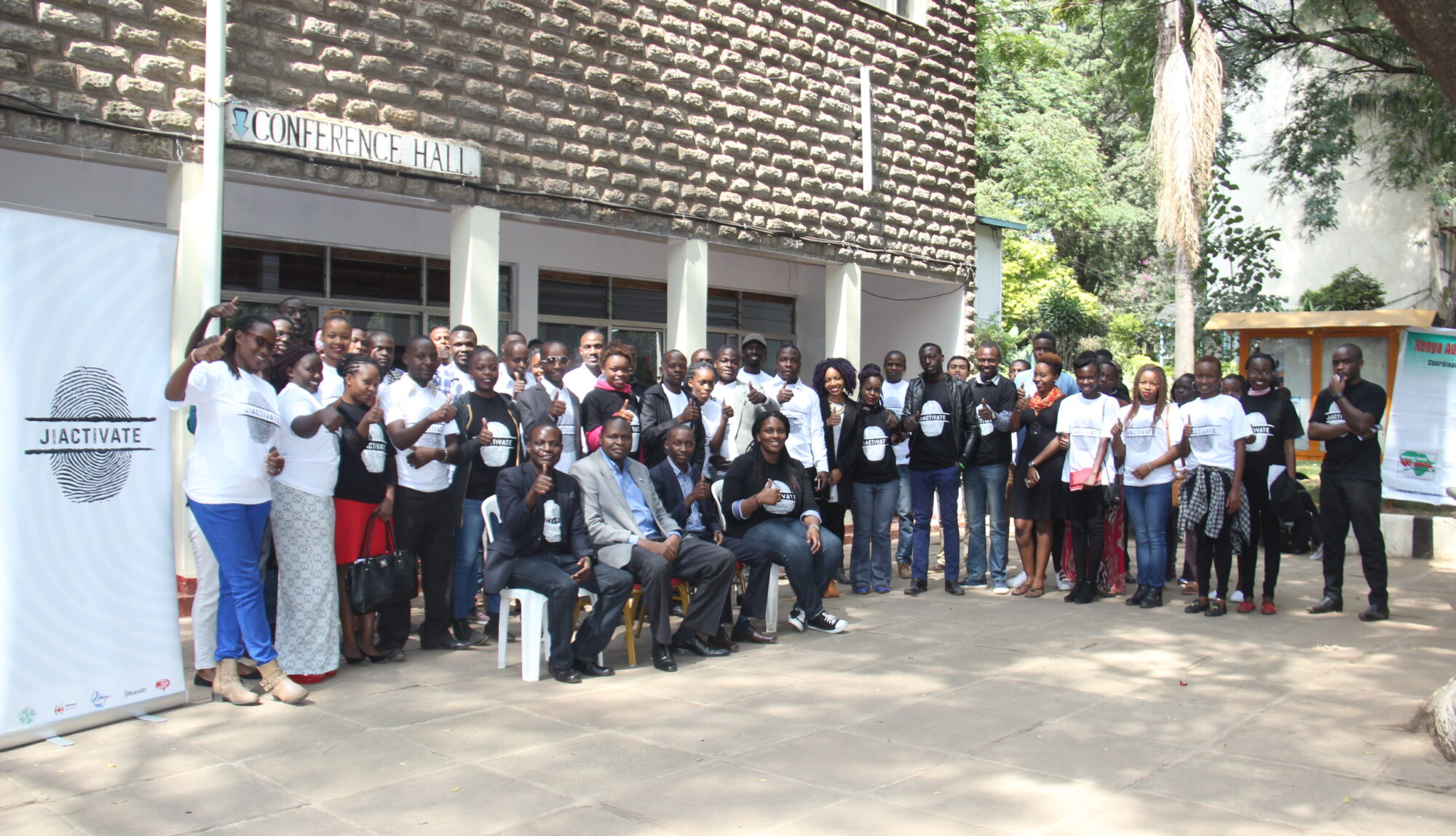No, young Kenyans, a title deed is not the only acceptable security for a loan



During the Jiactivate Kisumu County Forum whose discussion I got the pleasure to moderate, one of the participants asked a question whose answer I believe most youth would want to know. The participant (let’s call him Mark) while adding his voice on the subject of unemployment, asked why the Kenyan banks insist on title deed as the only acceptable security for loan. He was concerned that this has contributed to unemployment in Kenya especially since a greater segment of the young population does not own land.
Mark’s was a legitimate concern. Not because I agreed with his comments – no, I didn’t, I still don’t – but because any person who speaks from a point of ignorance needs information and guidance from those who are already informed on the issue.
Mark and the many other young people who share his opinion are misinformed by the old belief that a bank loan can only be adequately guaranteed by land. This is not true. Below is the correct position.
Sorry, because of the nature of the concern, my explanation will have a legal bearing. I have endeavoured to simplify it.
The Chattels Transfer Act, Cap 28 laws of Kenya was enacted in 1930 primarily to ‘enable credit to flow more rapidly and in greater quantities. The rationale behind this statute was to formalise and legalize transactions in which borrowers could give personal assets as security. Not every trader had land or owned a motor vehicle to give as security. But they owned goods that could as well serve the same purpose. Lenders desired to get into contracts with such borrowers but there was no law in place to secure their interests. The Act came in specifically for this.
A chattel means; one, a movable physical object like motor vehicle, a horse, electronics, etc and two, personal property whether moveable or immovable which can be transferred by delivery as opposed to real property eg. crops, wool, machinery, animals like sheep, cattle.
Because of this Act, the lending and borrowing sector has seen great innovation. Though motor vehicle (log books) remains the largely accepted chattel, micro-finance institutions and flexible banks have been accepting motor bikes, electronics, furniture etc as security for loans. This means, the notion that one must have a title deed to access a facility is a fallacy. And borrowers who have gone through Mark’s experience are advised to approach the right and friendly financial institutions.
Besides the Chattels Transfer Act, Kenya recently passed Movable Property Security Rights Act, 2017 which came in to cement the lenders rights over moveable assets given by borrowers as security for loan advanced. The object of the legislations is to make it easier for persons who do not own real property to secure a credit by facilitating borrowing against their various types of movable assets. The Act provides that both tangible and intangible assets can be given as security. Section 2 of the Act defines intangible assets to include receivables, deposit accounts, electronic securities and intellectual property rights, whereas tangible asset means “all types of goods and includes motor vehicles, crops, machineries, livestock.
In simple terms, a young man who owns valuable electronic items like fridges and television sets can approach a financial institution and secure a facility on the strength of the household items. It is the same case with a farmer who keeps cows and sheep as well as an agriculturalist who grows coffee, tea, maize, potato and any crop that a financial institution can accept as collateral for credit facility. If I may continue with the list, a singer, author, inventor can also use their intellectual property rights to secure a loan.
As I conclude, let it be clear that the law does not compel financial institutions to accept these objects as security for credit. The law only formalizes and regulates the relationship once parties enter into an agreement. As such, the youth should not take it as an absolute right that whatever valuable assets they have must be accepted as collateral. Everything depends on the business policies of the financial institutions. Presumably, Equity Bank, for example, may not accept your dairy cow or beautiful furniture as a security for a loan, Stima Sacco, may. Thus, a young Kenyan looking for capital to start business must approach as many lenders as possible.
Jim Asudi